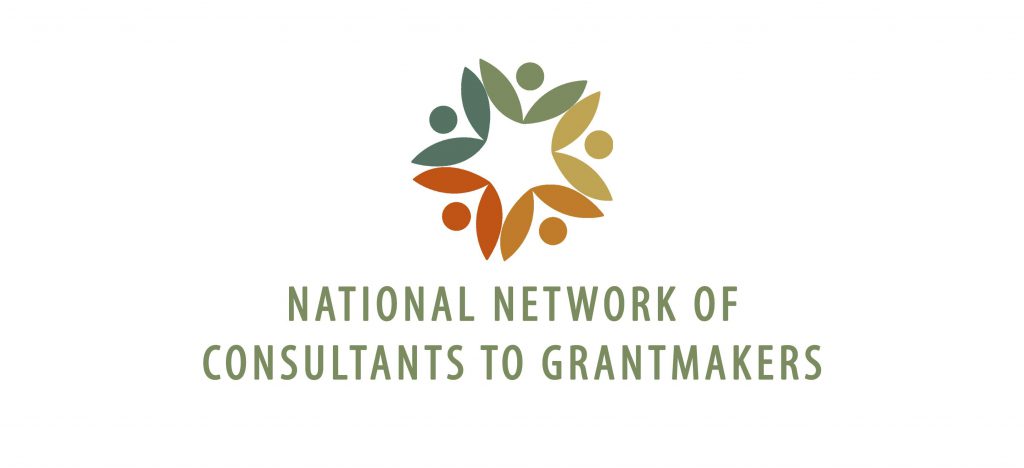Code of Ethical Conduct
The National Network of Consultants to Grantmakers (NNCG) is part think-tank and part service organization. It is a learning community, a forum for discussion among thoughtful peers and professionals in the consulting field. Its mission is:
To increase the quality, effectiveness, and capacity of grantmakers by mobilizing and strengthening the work of knowledgeable, ethical, and experienced consultants.
While the majority of NNCG’s goals derive from an express or implied recognition of the critical importance of ethics to the field, two goals stand out:
- Define values and ethical behavior as well as standards and best practices in consulting, and actively promote their adoption in order to increase the quality and impact of consultants’ work for their clients.
- Expand awareness of and commitment to effective stewardship principles and methods in philanthropy.
A Code of Ethics is, at a minimum, a set of basic principles to guide the behavior of its members. But just as it can set forth minimum thresholds of acceptable behavior, it can also – and arguably must – establish a higher bar. While the Code that follows is more the former than the latter, it is firmly rooted in the belief that at our best we consultants have accepted a sacred trust.
The purpose of the Code is to help Network members maintain their professionalism and adhere to high ethical standards in the conduct of providing services to clients and in their dealings with their colleagues and the public. We recognize that the individual judgment of member consultants will always be required in the interpretation and application of such principles.
NNCG MEMBER CODE OF ETHICAL CONDUCT
Each member of NNCG agrees to the following 15 principles.
Commitment to Clients
- Serve their clients with integrity, honesty, competence, independence, objectivity, and professionalism, helping them to build their philanthropic expertise and capacity.
- Only accept assignments that they, their staff and their colleagues have the necessary experience and competence to perform effectively.
- Charge fees that are reasonable and commensurate with the services to be delivered.
- Establish a mutual understanding with clients about the objectives, scope of work, and work plan as well as realistic expectations about the results of the services to be rendered before accepting any assignment. If changes in the scope of work arise during the course of the assignment, negotiate adjustments in good faith.
- Treat all client information that is not public knowledge with confidentiality, take reasonable steps to prevent its access by unauthorized parties, and refrain from taking advantage of proprietary or privileged information without the client’s permission.
- Avoid conflicts of interest or the appearance thereof and immediately disclose to the clients any circumstances that may influence the consultant’s judgment or objectivity.
- Consider carefully any offers to serve on a client’s board, providing regular “sunshine law” review in order to protect both client and consultant from any appearance of impropriety.
- Offer to withdraw from a consulting assignment when it appears that objectivity or integrity may be impaired.
- Refrain from inviting an employee of an active or inactive client to consider alternative employment without prior discussion with the client.
Commitment to the Public and the Profession
- Inform clients of laws, regulations and ethical standards that guide good grantmaking and foundation practice, and report illegal or dangerous behavior to authorities within the client’s organization. When in doubt about one’s professional competence to provide such advice, urge the client to consult qualified legal or tax counsel.
- Respect the intellectual rights of professional peers and not use their copyrighted information, materials, or methodology without permission. Refrain from misrepresenting or denigrating professional peers.
- Represent the profession with integrity and professionalism in relationships with clients, colleagues, and the general public. Seek professional development opportunities as they are available.
- Refrain from advertising services in a deceptive manner.
- Promote adherence to the Code by other subscribing consultants.
- Place our clients’ and the public’s best interests first, before the best interests of ourselves and/or our firms.
The NNCG Code of Ethical Conduct was developed by a special Task Force chaired by Joe Breiteneicher, President and CEO of the Philanthropic Initiative, Inc. We acknowledge his important contributions to NNCG and the field of philanthropy.

